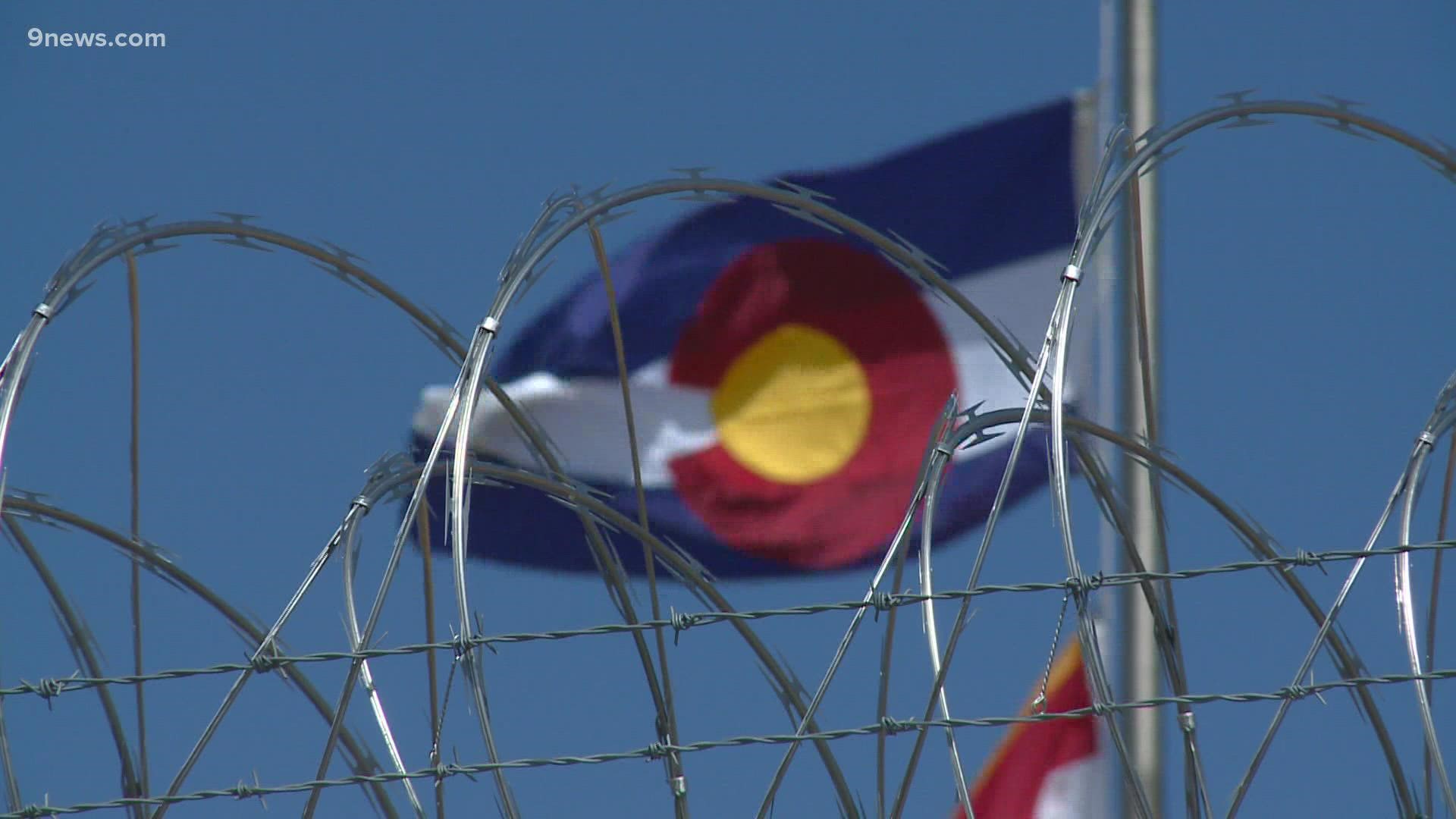COLORADO, USA — The Korey Wise Innocence Project (KWIP) at the University of Colorado Law School is partnering with the Colorado Bureau of Investigation (CBI) to review the cases of 51 prisoners in Colorado.
The criminal cases occurred in Colorado between 1976 and 1995. CBI identified them as cases where hair microscopy analysis was used as evidence. That means hairs collected from crime scenes were visually compared to determine whether the hairs came from a suspect.
KWIP will review court transcripts for potentially inaccurate testimony and to find out whether the hair microscopy evidence played a central role in the conviction. If so, KWIP may pursue DNA testing to challenge any potentially wrongful convictions.
"It is incredibly important for us to look back and ensure that those convictions have integrity, and if they don't, then we should be doing something to get those people out," KWIP Program Director Anne-Marie Moyes said.
The joint review will look at cases where microscopic hair analysis played a role in the conviction. Only cases where individuals are still incarcerated are eligible for review.
Microscopic hair analysis was used by the FBI before the arrival of forensic DNA.
"Once DNA became available, it really exposed hair microscopy as being very unreliable," Moyes said.
In 2013, the FBI acknowledged serious problems with hair microscopy after DNA testing exonerated three men who had been wrongfully convicted based at least in part on erroneous testimony by FBI hair examiners.
A comprehensive review by the FBI found examiners in many cases made statements that went beyond the limit of science in ways that put more weight on a hair comparison than scientifically appropriate.
The FBI eventually encouraged states to conduct similar reviews of their own hair microscopy work.
The CBI stopped conducting microscopic analysis of hair in 2011.
“There have been vast technological advances in forensic science, and DNA in particular,” CBI Director John Camper said. “This review is an opportunity to ensure accuracy in scientific conclusions and testimony, no matter the age of the case.”
If DNA testing shows the conviction was potentially wrong, Moyes said they usually try to reach an agreement with the prosecutor that it should be overturned. Ultimately, that decision has to come from a court.
"We are not saying that everyone on this list is factually innocent, you know," she said. "What we think is important is that if we know this unreliable discipline was used, potentially used, in their case to convict them, that we just have to be sure."
Moyes expects it will take two to three years to review all 51 cases.
SUGGESTED VIDEOS: Latest from 9NEWS

